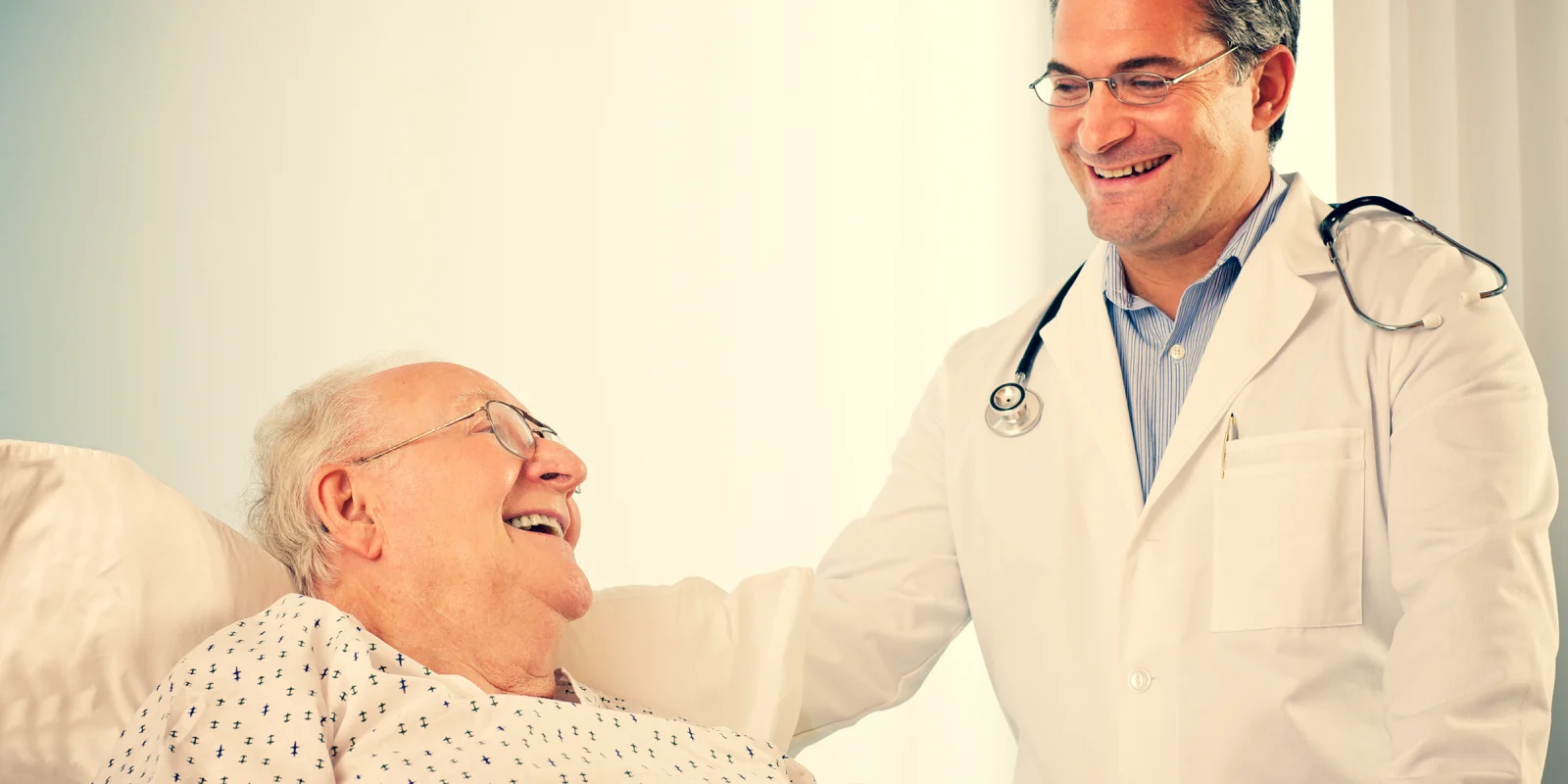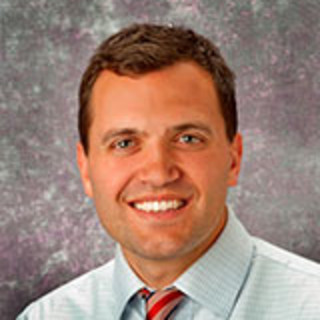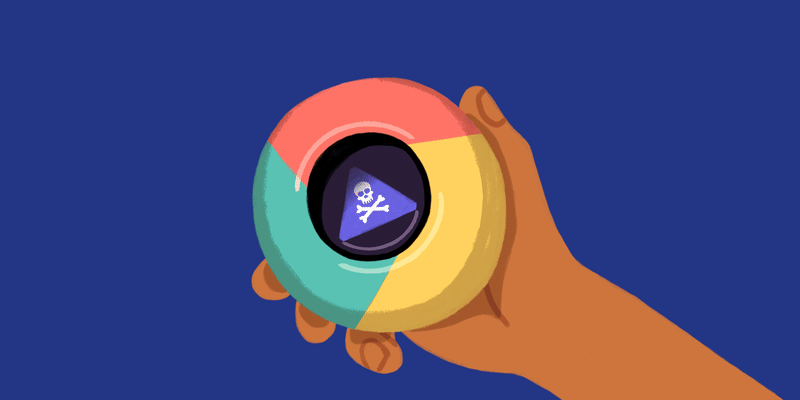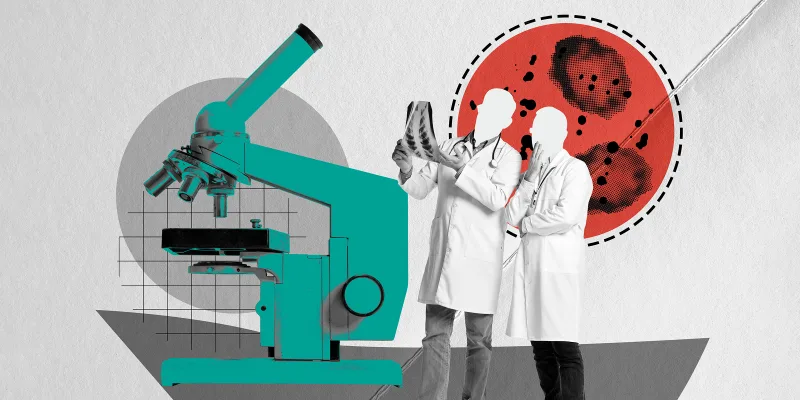Growing up, my dad could hardly wait to share his favorite stories with me. I was about 6 years old when we first watched “Butch Cassidy and the Sundance Kid,” a cowboy flick about two gunslingers geared toward a slightly older audience.
There’s a scene in which Butch, played by Paul Newman, and Sundance are on the run from the bad guys. They’ve come to the end of the road and are perched on a cliff overlooking a wisp of river. Sundance, who’s younger and less experienced, is sweating it.
“What’s the matter, kid?” Butch asks.
Reluctantly, Sundance admits, “I can’t swim.”
“Are you crazy?” Butch says, laughing maniacally. “The fall will kill you!”
As a hospitalist, I often find myself eye to eye with people perched on metaphorical cliffs. A few years ago, a man named Alfred walked off the pages of a physical diagnosis text and into my hospital. His progressive dyspnea, late-peaking systolic murmur, and signs of heart failure could only mean one thing: Alfred’s cliff was aortic stenosis.
But there was more to Alfred’s story, and he relished telling it. He had enlisted in the Navy during World War II and served as a tail gunner on an Avenger torpedo bomber, an aircraft designed to fly low at an enemy ship, drop a torpedo, then pull up and try to escape. As the airplane banked, it was the tail gunner’s job to give cover.
“You know there were two of us back there and we would take turns,” Alfred said. “Sometimes, my buddy would man the gun, and I’d take the radio. And the next time we’d switch. We made it through the war together, even though a lot of our squad was killed in an attack on our ship.” Alfred paused, his hands worrying a drawstring. “We stayed close after the war even though I went home to my folks and he went back East. We always found excuses to meet up.”
I sat on the end of the hospital bed nodding, pinned by the weight of Alfred’s history and wondering where it would lead.
“My buddy passed away about 10 years ago, but I kept in touch with his family. Last spring, I was able to pay them a visit.”
As I turned to leave, Alfred cleared his throat. There was one more detail he wanted to share.
"You know, you might actually know my friend,” Alfred said, nodding.
“Oh, is that right?”
“Yeah, well, after the service, he got into making movies. Some of them are pretty popular. Nah,” he said, waving a hand, pretending to reconsider. “You’re too young.”
“Try me.”
Alfred’s smile widened, drawing me in. Then he dropped his payload with a splash. “Paul Newman.”
I left Alfred’s room feeling overwhelmed, wanting his story to be true so badly that I worried it wasn’t. In the hallway, I searched Wikipedia on my phone. Sure enough, in the “early life” section of Paul Newman’s entry was a description of his experience as a turret gunner on an Avenger torpedo bomber during World War II. Apparently, he had survived the war, even though much of his squadron was killed in an attack on his aircraft carrier.
Alfred stayed in the hospital for a few days undergoing tests and weighing his options. On the morning of discharge, I promised to stop by after lunch but got sidetracked. When I finally returned, Alfred was gone.
Then, hurrying back, I caught Alfred in the hallway, still wearing his red hospital pajamas.
“I’m going to get a snack,” he said. “Come with me.” We walked to the vending machines, and Alfred started handing me quarters, instructing me to get him chips and a Coke. “Here, get one for yourself, too.”
We walked slowly back to his room and sat together on a plastic mattress, my foot tapping in anticipation of the day’s unfinished business.
“My friend,” Alfred said, clapping me on the back, “Do you have time for a few more stories?” I sipped Coke while Alfred regaled me with details of various celebrities he’d met through his connection, and left the room with an empty can.
At the end of that long day, I returned to my office to find the Coke can still on my desk. I was about to pitch it, but didn’t. The can resisted the trash for weeks. Eventually, I moved it to the shelf above my desk.
A few years after Alfred died, I asked his son for permission to share this story. “That friendship meant so much to my dad,” he said. “He wanted to tell everyone about it.”
I guess I have a lot in common with Alfred, and with my dad. On some weekends and holidays, I take my daughters to work with me. I ask them to stand at attention in doorways, to send well-wishes with smiles and waves, and to train their ears for the stories, even if they’re too young to understand.
Soon, it will be time for us to watch “Butch Cassidy and the Sundance Kid” together, except I won’t gush over Paul Newman. I’ll tell the story of Paul Newman’s friend, of torpedo bombers and worn out heart valves and the enormity of the life between those bookends.
My oldest is 8 years old, preoccupied with making slime and intent on acquiring a puppy, not yet certain what it means to be either a veteran or physician. But she looks forward to mornings at the hospital, and thinks my job is easy.
“You just have to walk around and talk to your patients,” she says, shrugging.
“Yeah, that’s pretty much it.”
Whatever she grows up to be, I imagine somewhere she’ll have a shelf filled with trophies, and I hope that among them she’ll keep my Coke can. Maybe she’ll take it down from time to time and tell the story of my friend, which has become an indelible part of her dad’s story, a story she’ll keep alive and make her own someday.
Have any clinical encounters become central to your story? Share your experiences in the comment section below.
All names and identifying information have been modified to protect patient privacy.
Gaetan Sgro lives in the Rust Belt where he practices medicine and roughhouses with his daughters. His writing has appeared in The Bellevue Literary Review, Hippocampus Magazine, Annals of Internal Medicine, JAMA, Best New Poets 2016, and other fine publications.







